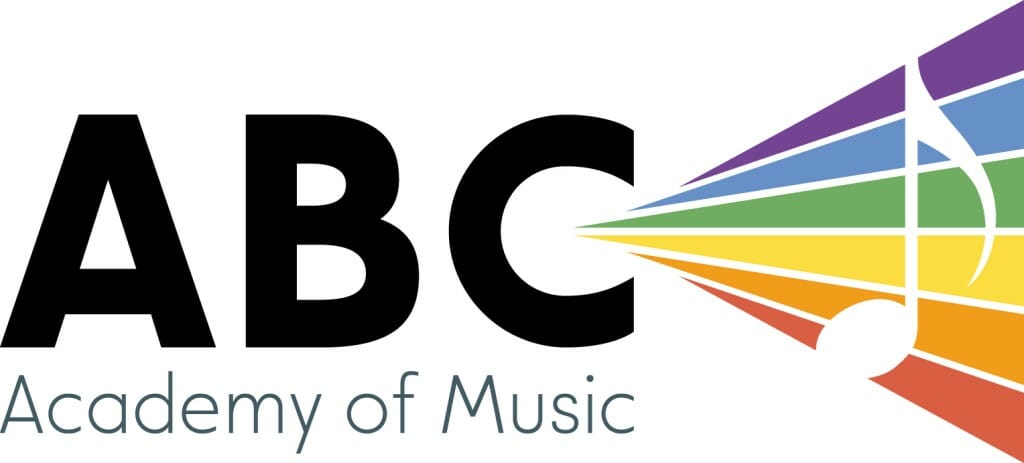Music Education can begin at birth by exposure, and working in musical behaviours into parental routine. Up to 7 or 8 years of age, children don’t learn the way we think they do – sitting on their bottoms and paying attention – no! The boundless energies of children can’t be, and shouldn’t be boxed into this way of approaching education. The default nature of children is to be free of spirit and behaviour, which means that the best way to engage them is through FUN! For the sake of us adults, we’ll call that age-appropriate behaviour.
Taking the time to watch your child play with a critical eye, you might notice some interesting things about the nature of children’s play. Often, they are repeating, or practicing, the same behaviours that their most influential people (that’s you, parents) exhibit on a day to day basis. Having coffee with a friend? They’ll have it with their friends, too. Putting your child to sleep? They’ll put their dolls to sleep. Giving them a time-out for iffy behaviour? They might give their doll a time-out, but I have seen kids pre-emptively giving themselves a time out, when they know they have behaved poorly.
The importance of your modelled behaviours is huge! In the video below you’ll see some little friends of mine having a whale of a time with their grandfather (a professional musician), and being exposed to music through play. Notice that there are no rules; the kids could wander off or run around, but they are playing this game together. Their grandfather, who holds a doctorate in music, isn’t putting them into any kind of box while he exposes them to what is essentially jazz – they don’t need to do anything other than play to learn.
If you are a parent in one of our Music Together classes, I encourage you to throw out any ideas you have about how things should go with your child learning processes that involves a formal environment. Demonstrating and engaging with your children at an age-appropriate level (this evolves, and so must your approaches to engaging) is key to building good learning skills.
If you are the parent of an older child, remember that learning is not something that happens naturally in a classroom. Rather, it is important to note that the idea of classroom learning is a relatively new one where children are concerned in human history, and that experiential and modelled learning – where you demonstrate and let them try – is still the most effective way to teach your children. We invite you to spread the word about our Music Together classes for Babies, Toddlers, and Preschoolers to your fellow parents that may be interested in this kind of family learning model for their children under 5. We appreciate your referrals!

